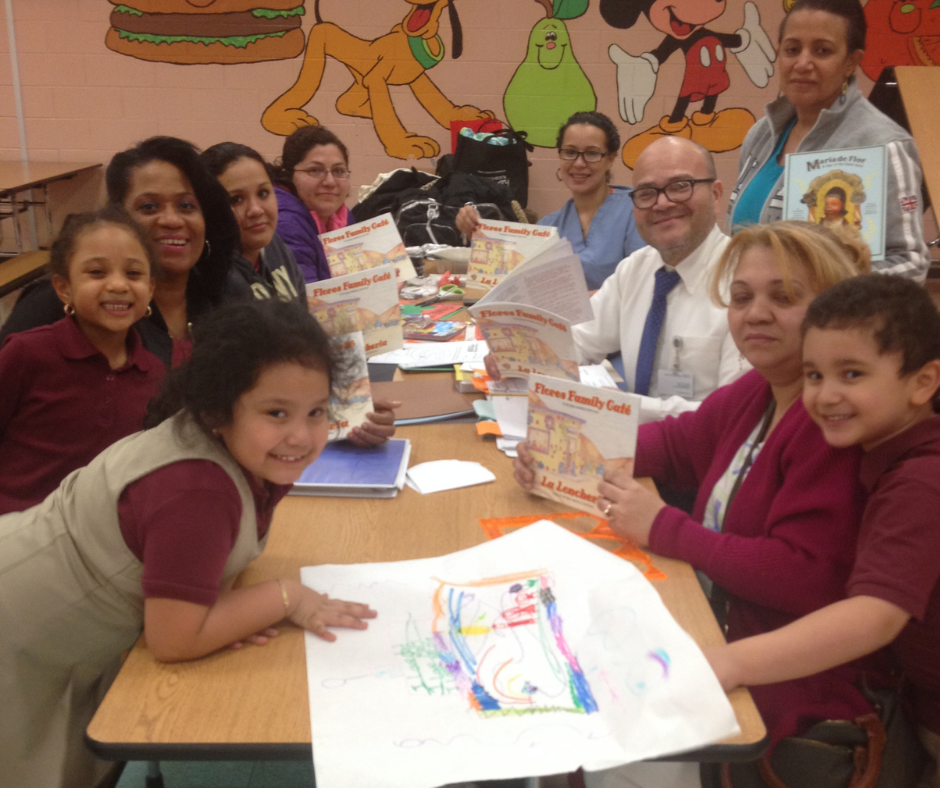
Engaging parents is an important focus for a Re-Entry plan for schools. As we all head back to school, educators will need to consider a variety of teaching strategies to meet the needs of their students, both academically and with socio-emotional aspects. For English learner students, they may need a few extra considerations as school resumes.
Since many parents struggle with the English barrier, it can be easy for them to feel left out or not connected to the school. Schools can make a big difference by laying out an extra-friendly welcome mat for them, particularly after a year of challenges during the pandemic.
Here are four great tips to help teachers connect with Hispanic parents for your Re-Entry Plan.
1. Send families a welcome letter written in Spanish and English.
Even if it’s just a few words and greetings, a simple welcome letter with suggestions and guidelines for returning to school can’t help but make parents feel more welcome and at ease. Outline the return policies of your school, vaccination requirements, and helpful local resources. If documents are offered in both Spanish and English, it provides a natural way to be exposed to English language too.
2. Bring in a bilingual interpreter.
Whether it’s a parent liaison or a school employee, a person who speaks to them in their own language will provide an opportunity for parents to ask questions and to connect with the teacher since much of the school year was mostly online during the pandemic. It’s best to use an adult interpreter versus the student as this could make the parent feel disempowered.
3. Connect parents with bilingual staff members for ongoing support.
Give parents contact information of bilingual staff members in the district and school to reach out to if and when they have concerns. Also encourage parents to connect with other bilingual parents for school and community support. Better yet, offer an in-person meeting with food and discussions for returning to school and a review of school expectations.
4. Train school staff in Cultural Competency and ELD strategies.
The Latino Family Literacy Project specializes in supporting the socio-emotional needs of Hispanic families while providing concrete ELD outcomes for English proficiency, vocabulary development, and reading comprehension. Training will provide staff with a fresh perspective on working with Spanish-speaking parents by learning about cultural relevancy, acculturation, socioeconomic issues that impact school attendance, and a step-by-step ELD curriculum to support their EL students with vocabulary development and reading. Teachers can attend an online webinar training on any date and any time that fits into their ever-changing schedules as they return to their classroom.
